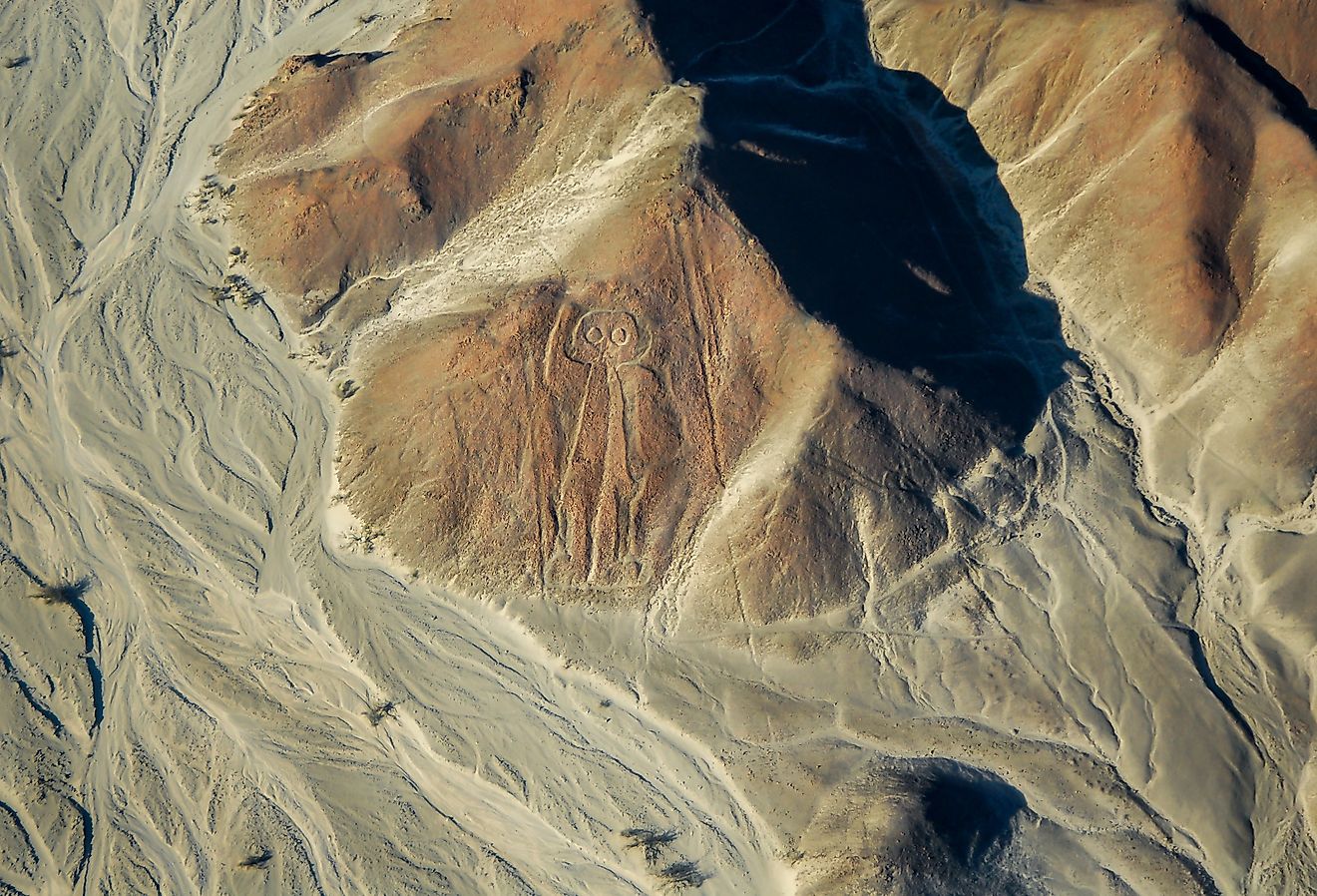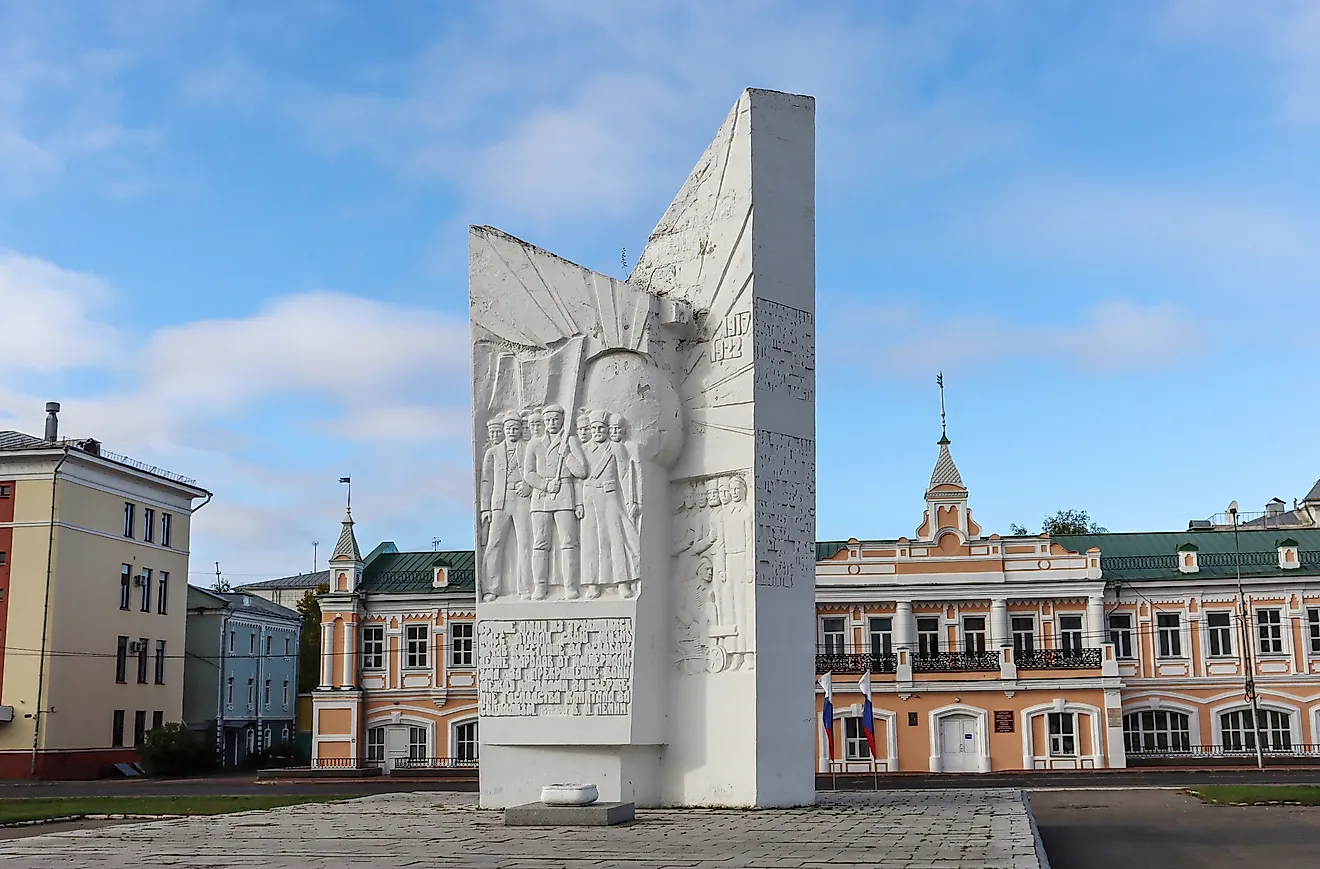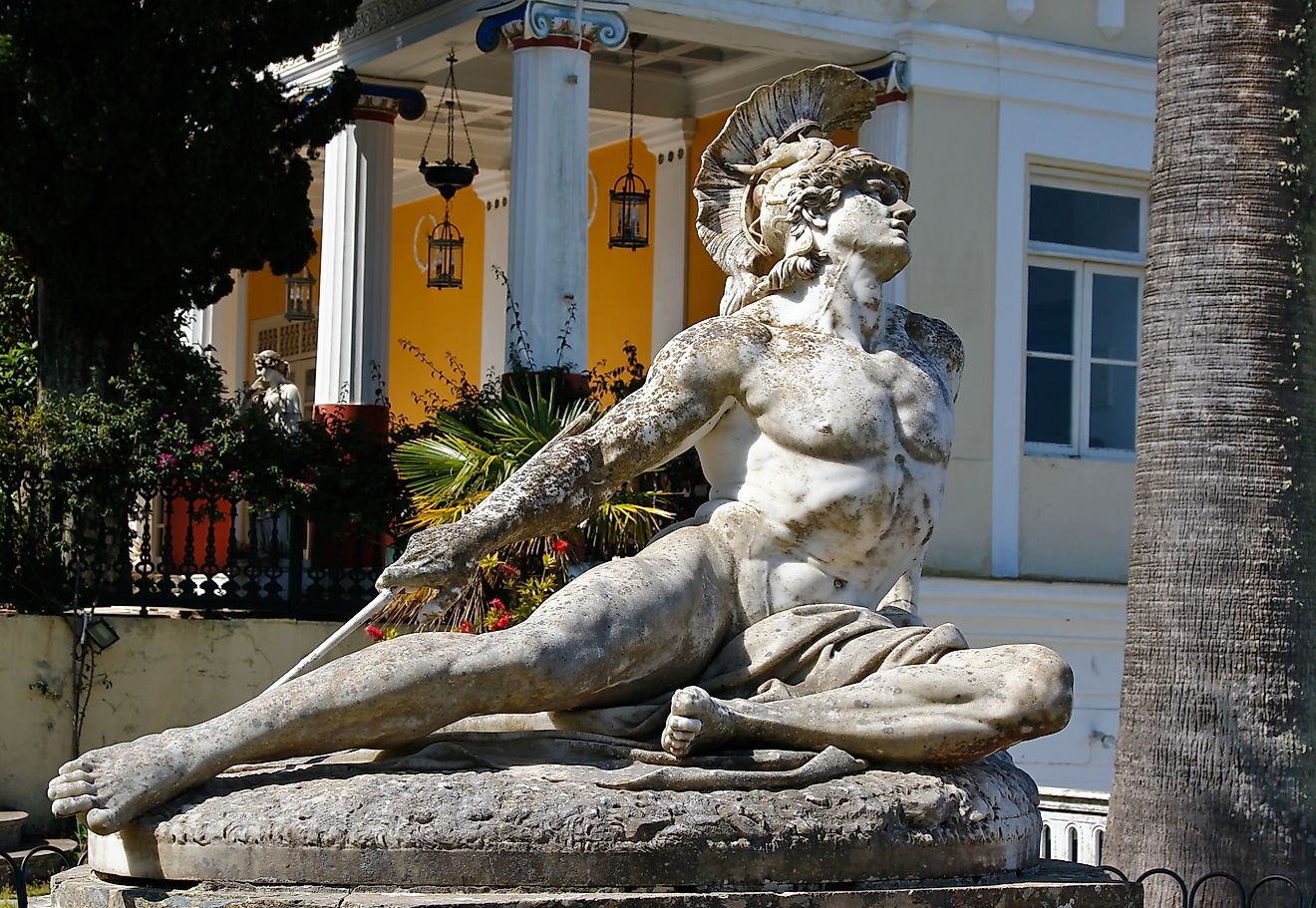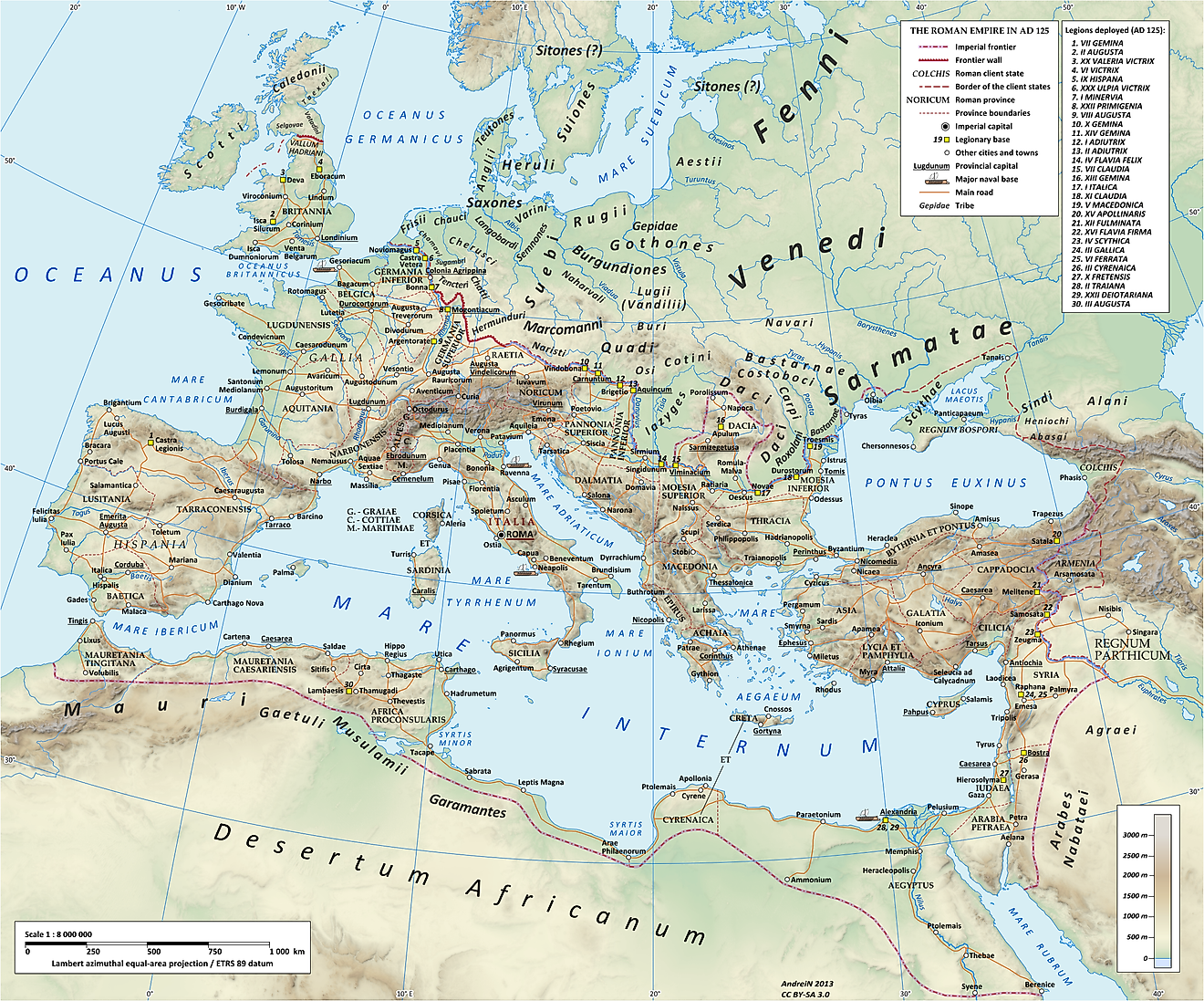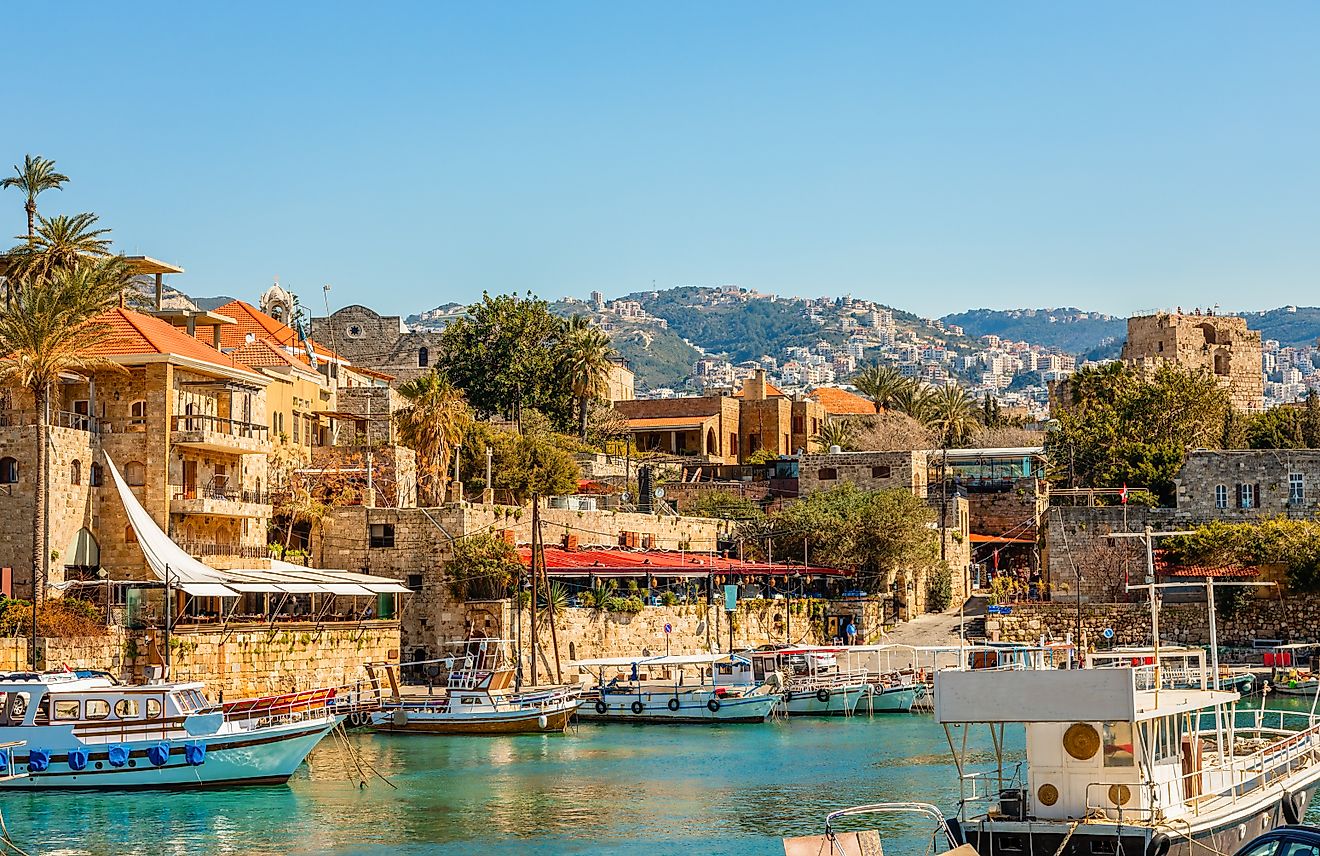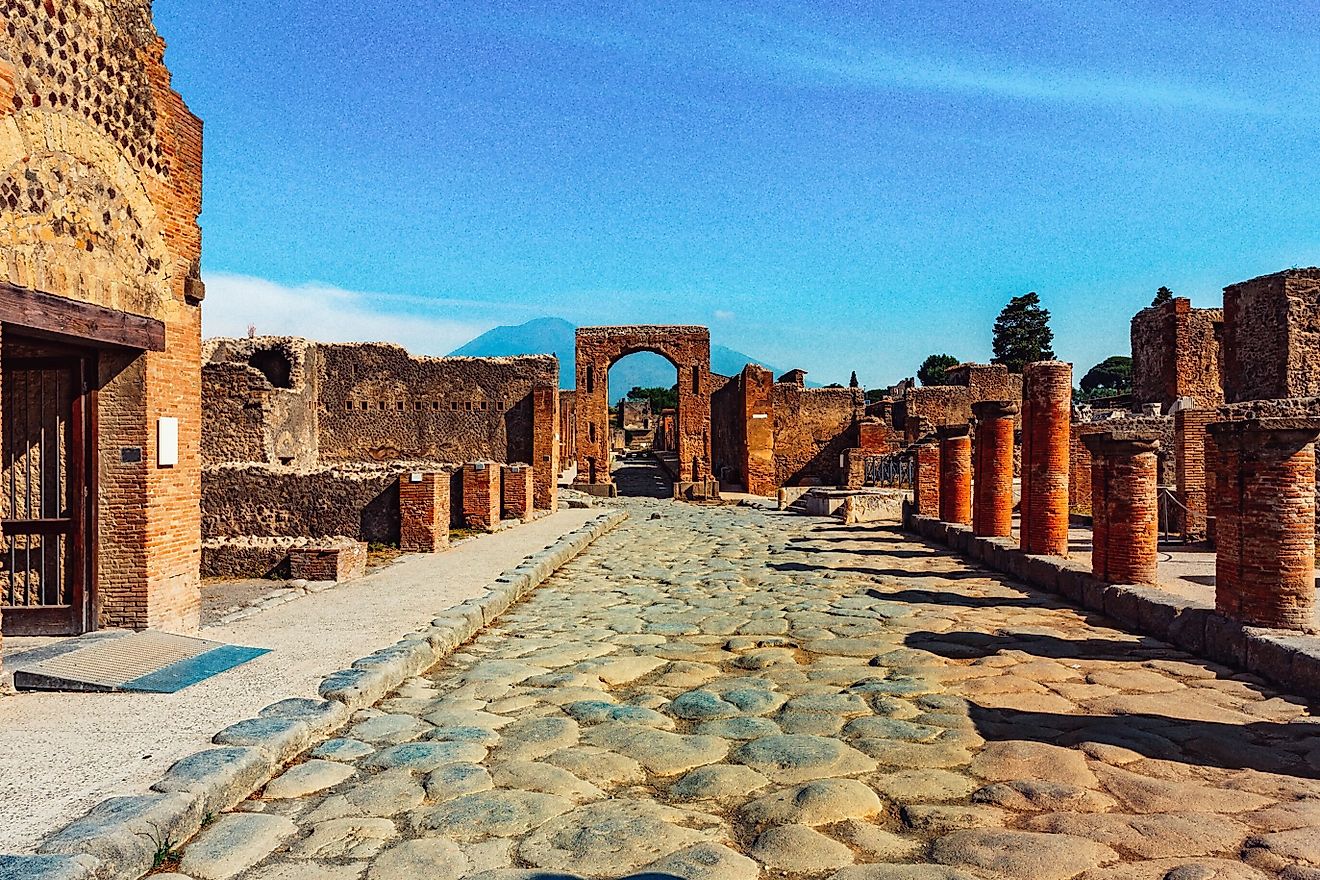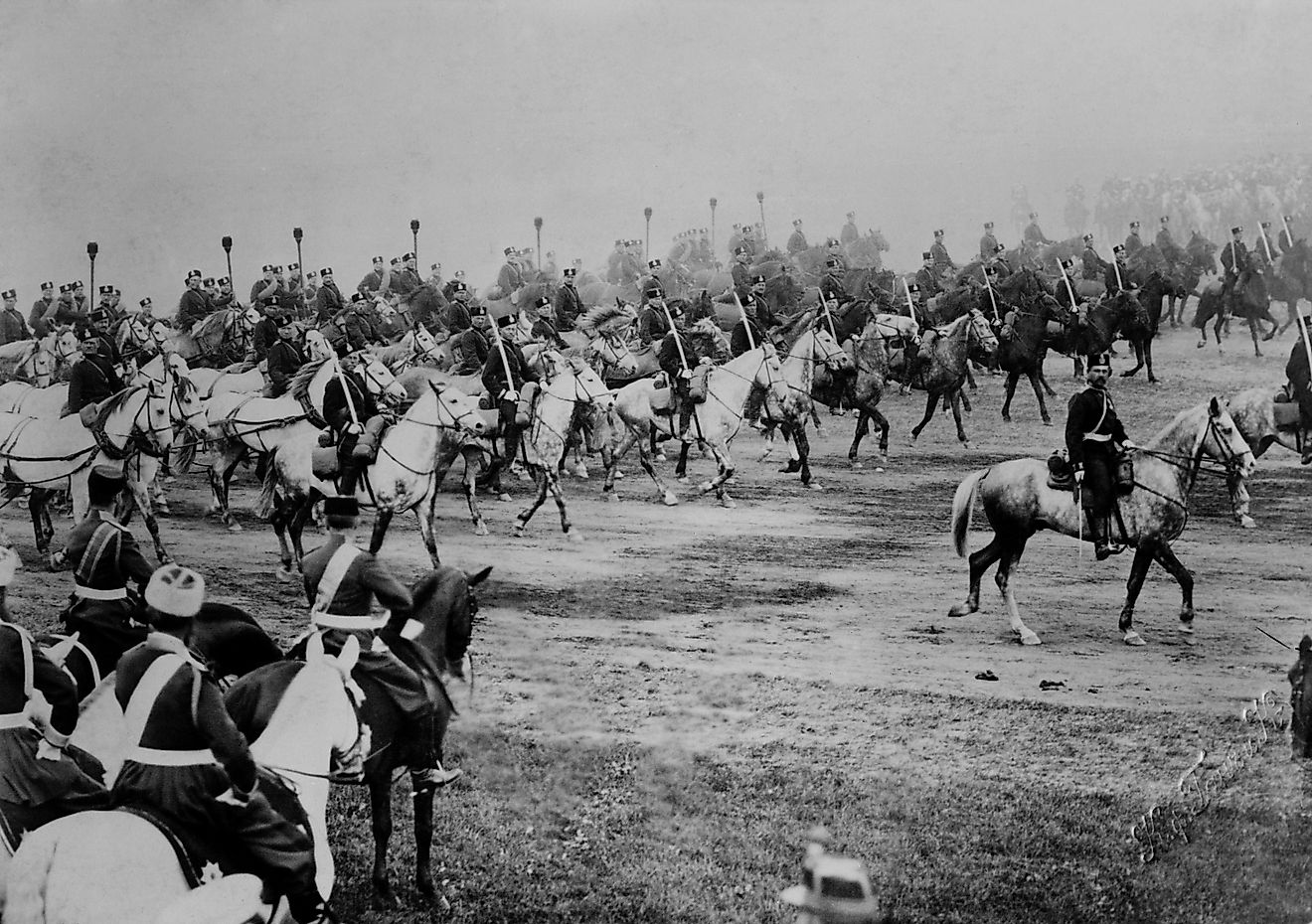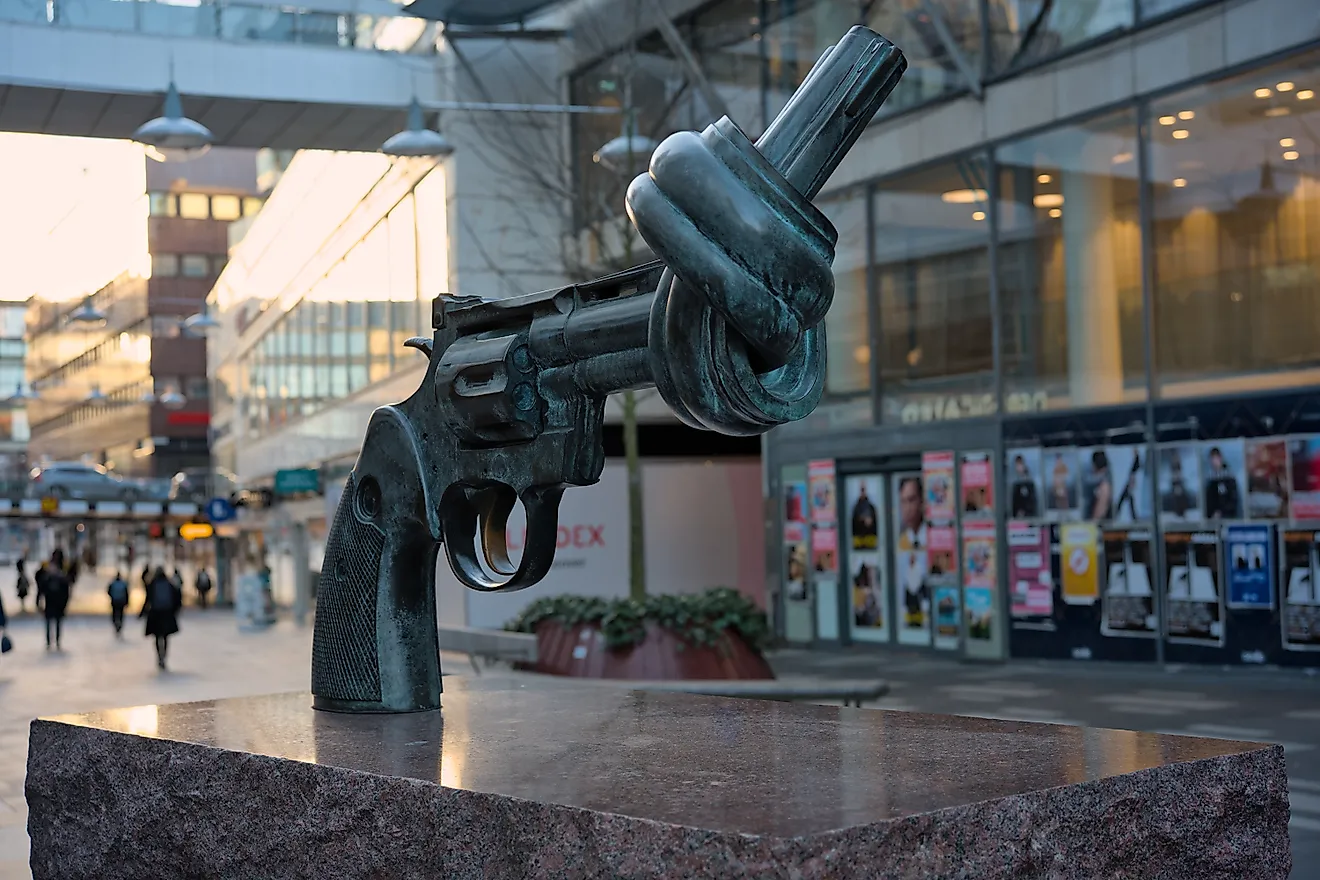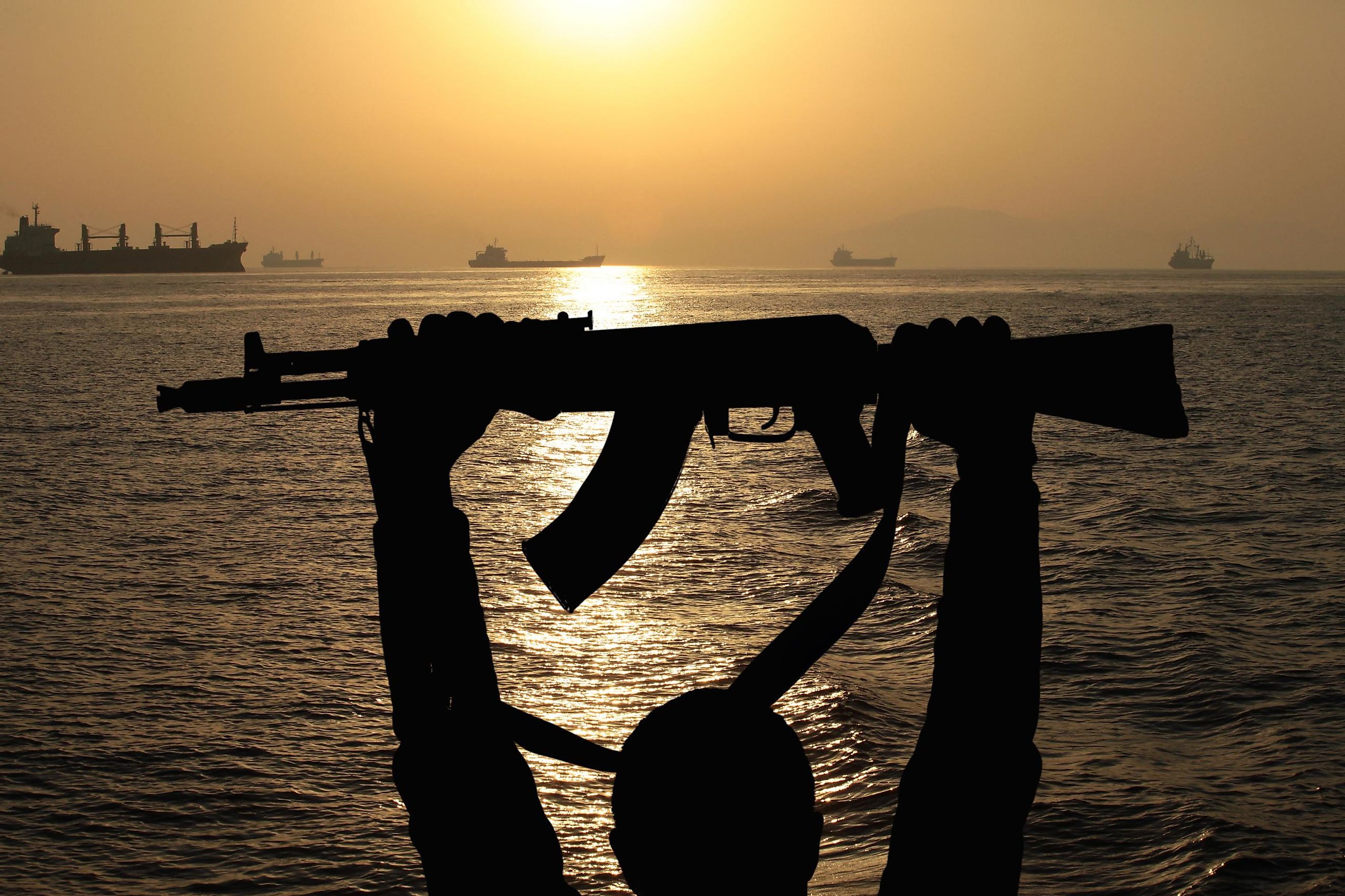
The World's Most Pirate-Infested Waters
Modern media often depicts piracy as a relic of the past, a nuisance of a bygone era. While it might be true that the scale of piracy that occurred in the Americas in the 17th and 16th centuries is long gone, the practice of high seas robbery is far from over. The world we live in today is home to thousands of instances of piracy each year. Many regions around the globe are faced with this problem in different ways, but the threat still persists. While we might not see another Blackbeard anytime soon, in many parts of the world, pirates are no laughing matter.
Malacca Strait
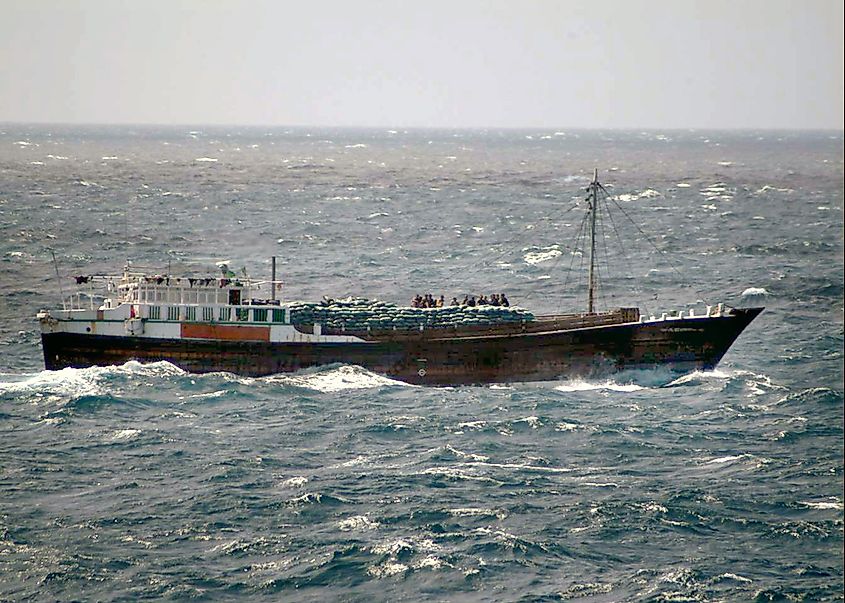
The Malacca Straight is a body of water located in the South China Sea that connects the Indian Ocean to the Pacific Ocean and, most importantly, serves Asia as a highway for trade and vital foreign imports like oil and natural gas. More than 120,000 ships pass through the strait each year. Its high level of traffic has attracted the eyes of those looking to get rich quickly through the theft of whatever might be on board or by taking hostages. From 1995 - 2013 nearly 41% of the world's pirate attacks occurred here. All of which had varying levels of success.
Somalia
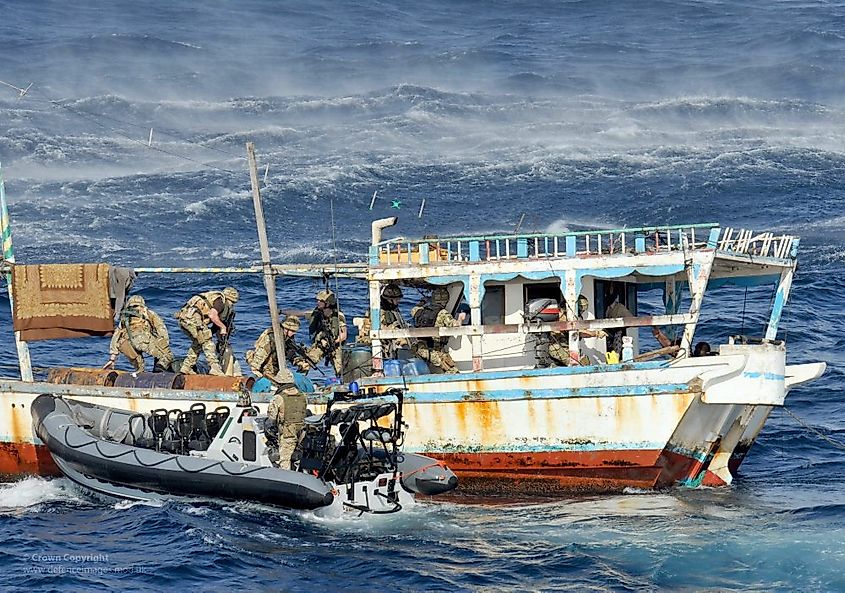
If there is one part of the world that is known for its rampant piracy, it is Somalia. Made famous from instances like the capture of the American cargo ship, the Maersk Alabama in 2009, Somalian piracy really started to take off during the mid to late 1990s.
Most of the pirates raid international shipping in hopes of capturing crewmembers and ransoming them off to their respective nations. It is not uncommon for the ransom numbers to be incredibly high. These outrageous ransoms have often led to the lengthy imprisonment of many. In one such case, an American journalist was held captive for nearly 1,000 days while negotiating his release. Today the issue of piracy has certainly died down thanks to much tighter security measures employed by large shipping companies as well as a much more noticeable military presence of the American Navy.
South China Sea
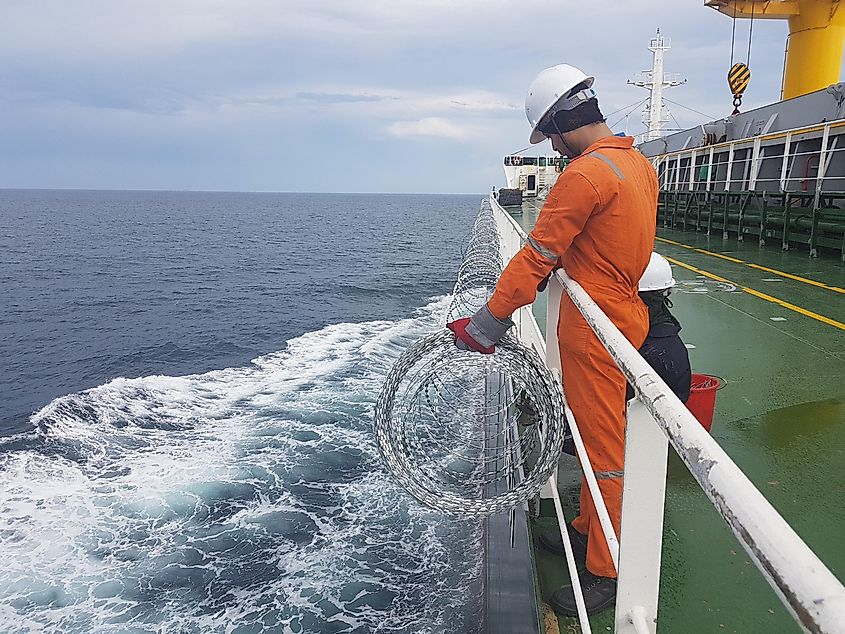
While the Malacca Strait might be the most dangerous part of the South China Sea, the rest of the region is no stranger to piracy. Usually consisting of Malaysians and Indonesians, these groups are known to be some of the more violent and dangerous in the world. These groups tend to pray on smaller civilian vessels that do have the same level of security or protection as the large multinational shipping containers. The small ships are much easier to board as well. The South China Sea saw a 19% increase in pirate activity in 2020, which has worried many surrounding nations. Each nation with a large hand in that region works tirelessly to try and counter this growing and concerning menace.
Nigeria
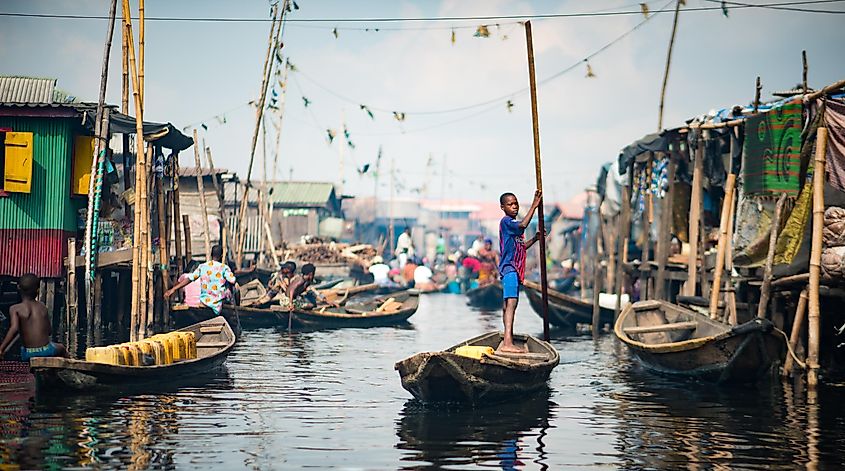
Piracy in West African waters has always existed in one way or another for centuries. However, in recent years, there has been a disturbing trend pointing toward pirate groups moving away from targeting valuable shipping lanes and raiding small coastal villages instead. The number of pirate attacks that took place on the water in 2021 was as low as six, thanks to an increased security effort made by the Nigerian government. However, this lack of activity might have been misleading as raids on villages have increased.
Most of these fishing villages are poor and have little in the way of valuables to be taken. The majority of these raids are done so in the hope of capturing hostages and ransoming them back to their families. While this does not generate the money once available from passing cargoships, the family are easy targets and usually left defenseless.
Benin
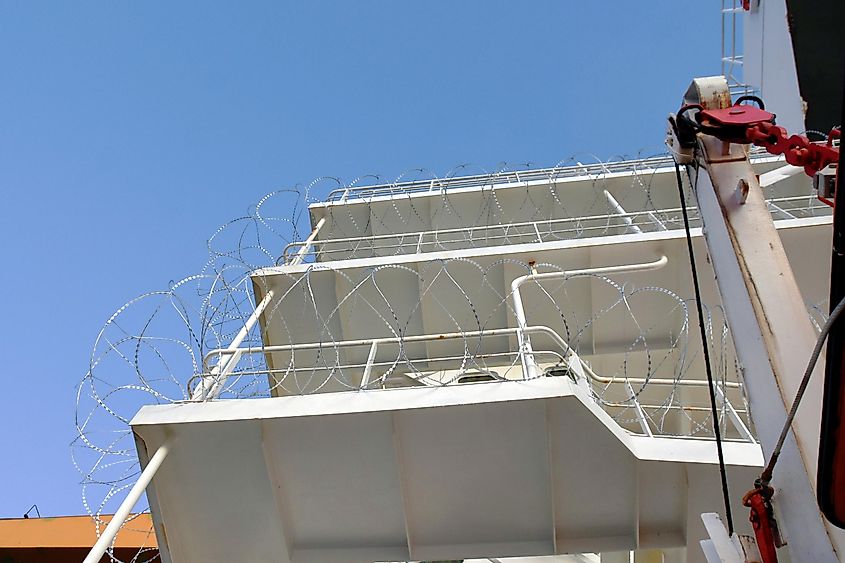
Another West African nation, piracy off the coast of Benin, saw an all-time high in 2018 and was capped off with the dramatic boarding of the Norwegian ship the MV Bonita. This ship carried various valuable minerals, such as gypsum and cobalt. However, it was not the minerals that they were after but the crew instead. Nine of the crew members were captured.
As East Africa has cooled down since the middle of the 2010s, it appears that West Africa will likely remain one of the most dangerous shipping routes in the world when it comes to pirates. The Benin government has made considerable efforts to try and deter further acts of piracy, but the threat still remains relatively high. Only time will tell how the various coastal nation of West Africa deals with this blight. It will most likely take the cooperation of all countries within the region to tackle this problem once and for all.
Piracy is far from dead. The theft of valuable goods and especially the kidnapping of sailors remains a huge issue in many of the world's most heavily traveled waterways. It is not likely that these regions will be stuck with pirates forever, but if history has taught us anything, it's that ridding yourself of such a problem is no easy feat. As security gets tighter and military and police presence is increased in these regions, there is hope that the situation can still get under control. But this is often easier said than done.

